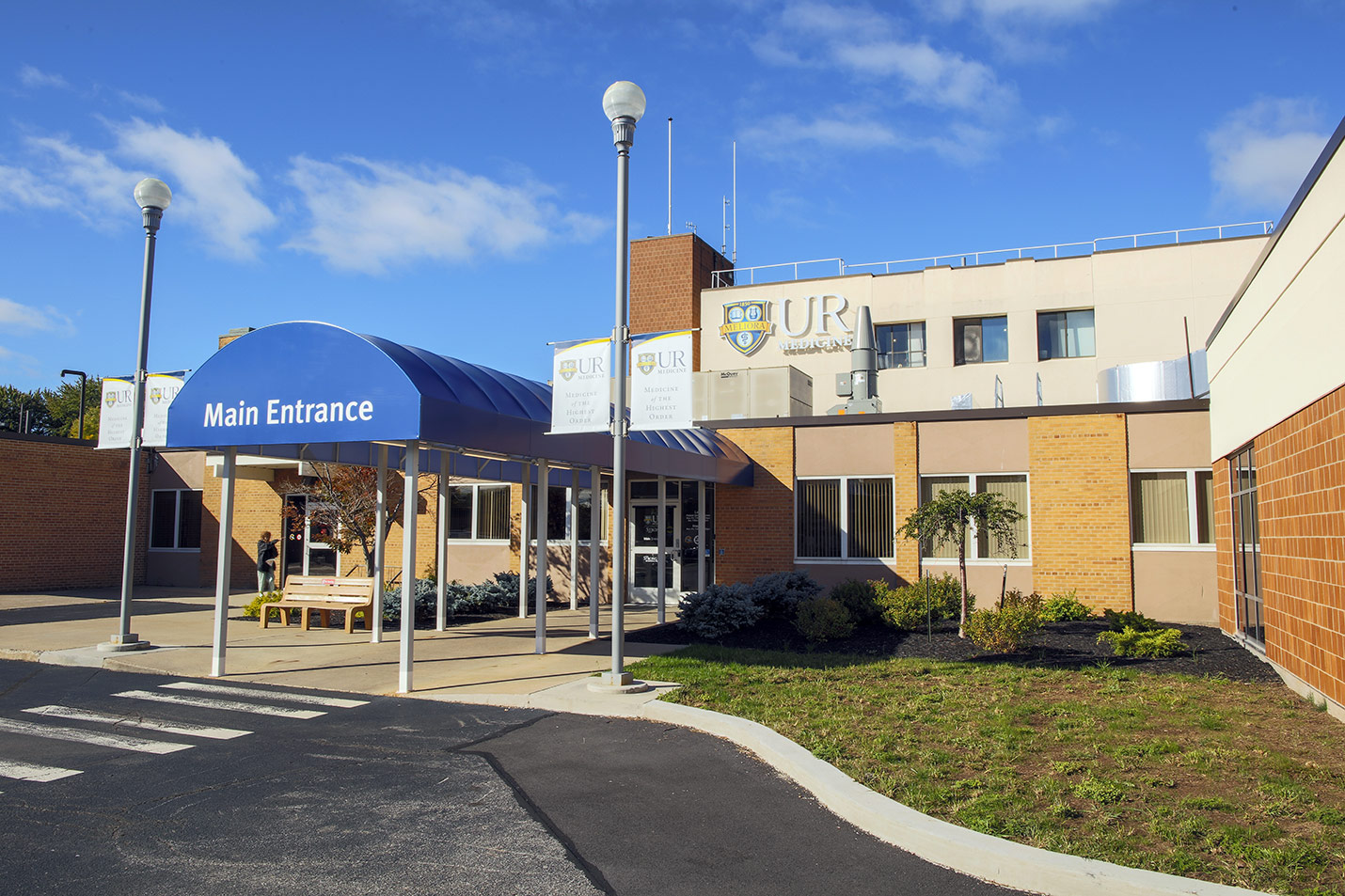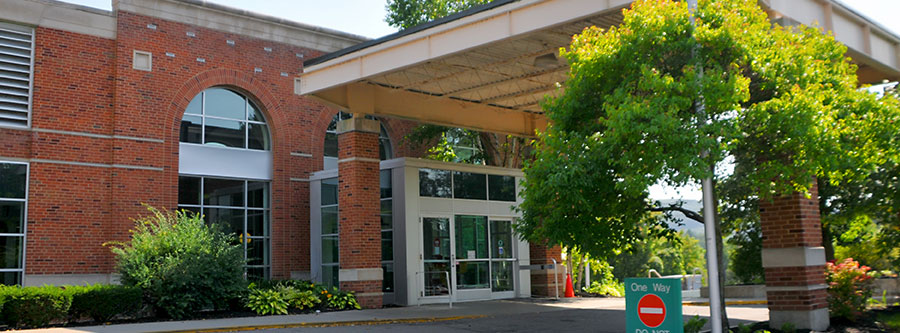Bladder Pain Syndrome
Make Appointments & Get Care
What is Bladder Pain Syndrome?
Interstitial cystitis (IC), also known as Bladder Pain Syndrome, is a chronic condition that causes pain and pressure in the bladder area. In IC, the bladder wall becomes inflamed or irritated, affecting the amount of urine the bladder can hold.
IC is not the same as acute cystitis, a bacterial infection of the bladder that is the most common type of urinary tract infection (UTI).
How Common is Bladder Pain Syndrome?
This condition is common in the US, affecting up to four million people assigned male at birth and eight million people assigned female at birth each year. It is not contagious and doesn’t spread in the body or worsen with time. Additionally, IC is not a known cause of bladder cancer.
Symptoms of Bladder Pain Syndrome
Common symptoms range from mild discomfort, pressure, and tenderness to intense pain in the bladder and surrounding pelvic area. Everyone experiences symptoms differently — for some, they come and go unexpectedly (sometimes referred to as “bladder attacks”), while others experience long-lasting or chronic symptoms.
Other symptoms include:
- Urgent need to urinate
- Frequent urination
- Changes in pain intensity as the bladder fills or empties
- Pain during sexual activity
IC can be associated with the following chronic pain conditions:
- Fibromyalgia
- Vulvar vestibulitis
- Irritable bowel syndrome
What Causes Bladder Pain Syndrome?
There is no known cause of IC and, as a result, no definitive preventative measures exist. However, researchers continue to search for answers. While stress is not a known cause, stress reduction may reduce symptoms.
Schedule an appointment with a UR Medicine provider.
Call (585) 275-2838UR Medicine's Treatments for Bladder Pain Syndrome
Diagnosing Bladder Pain Syndrome
Diagnosing interstitial cystitis can be difficult due to the wide variety of symptoms patients experience. Your provider will likely try to rule out any related conditions first, including:
- Urinary tract infections
- Vaginal infections
- Chronic bacterial and nonbacterial prostatitis (in men)
- Bladder cancer
- Bladder infection
- Radiation cystitis
- Kidney or bladder stones
- Other pelvic pain conditions such as endometriosis
- Pelvic floor muscle dysfunction
Common tools and tests used to diagnose interstitial cystitis include:
- Urinalysis to check for blood or bacteria in the urine.
- Urine culture to detect bacteria, which is then tested to determine the right medication.
- Urine cytology, an examination of the cells from the bladder lining that is also used to check for prostatitis in men.
- Cystoscopy to look inside the bladder for stones, ulcers, and other disorders. A thin, flexible tube is inserted into the bladder.
- Cystoscopy with hydrodistension, performed under general anesthesia, stretches the bladder with fluid. This test can be used to confirm an IC diagnosis and may lead to temporary relief of symptoms.
Treating Bladder Pain Syndrome
While there is no cure or permanent fix for IC, there are many treatment options available:
- Diet modification can identify foods and drinks that may trigger symptoms.
- Pelvic Floor Physical Therapy and exercise can help relax and stretch the muscles that support your bladder.
- Bladder instillation delivers medication directly to the bladder.
- Medications like antidepressants, antihistamines, and anti-heartburn medications can be used to relieve IC symptoms.
- Transcutaneous electrical nerve stimulation (TENS) provides mild electrical pulses to the body to help block pain.
- Stopping smoking may help reduce symptoms while also reducing your risk of bladder cancer.
- Cystoscopy with hydrodistension may relieve or decrease IC symptoms for up to 6 months. Removing any ulcers seen inside the bladder during cystoscopy may also provide relief.
What Sets Us Apart?
Our Adult Pelvic Health & Continence Care program is one of the few practices in the nation to provide a coordinated, multidisciplinary approach to conditions like Interstitial Cystitis.
Nationally-recognized experts from UR Medicine Urogynecology, UR Medicine Urology, and other related specialties work together to provide a full-spectrum of custom-tailored treatment options for each patient.
With an emphasis on outpatient and minimally-invasive in-office techniques and individual behavior management offered on site, your comfort is our first priority.
Providers
Locations
View All LocationsWe serve you in the Rochester metropolitan area and surrounding region.
View All Locations13 locations
158 Sawgrass Drive, 2nd Floor, Suite 230
Rochester, NY 14620




